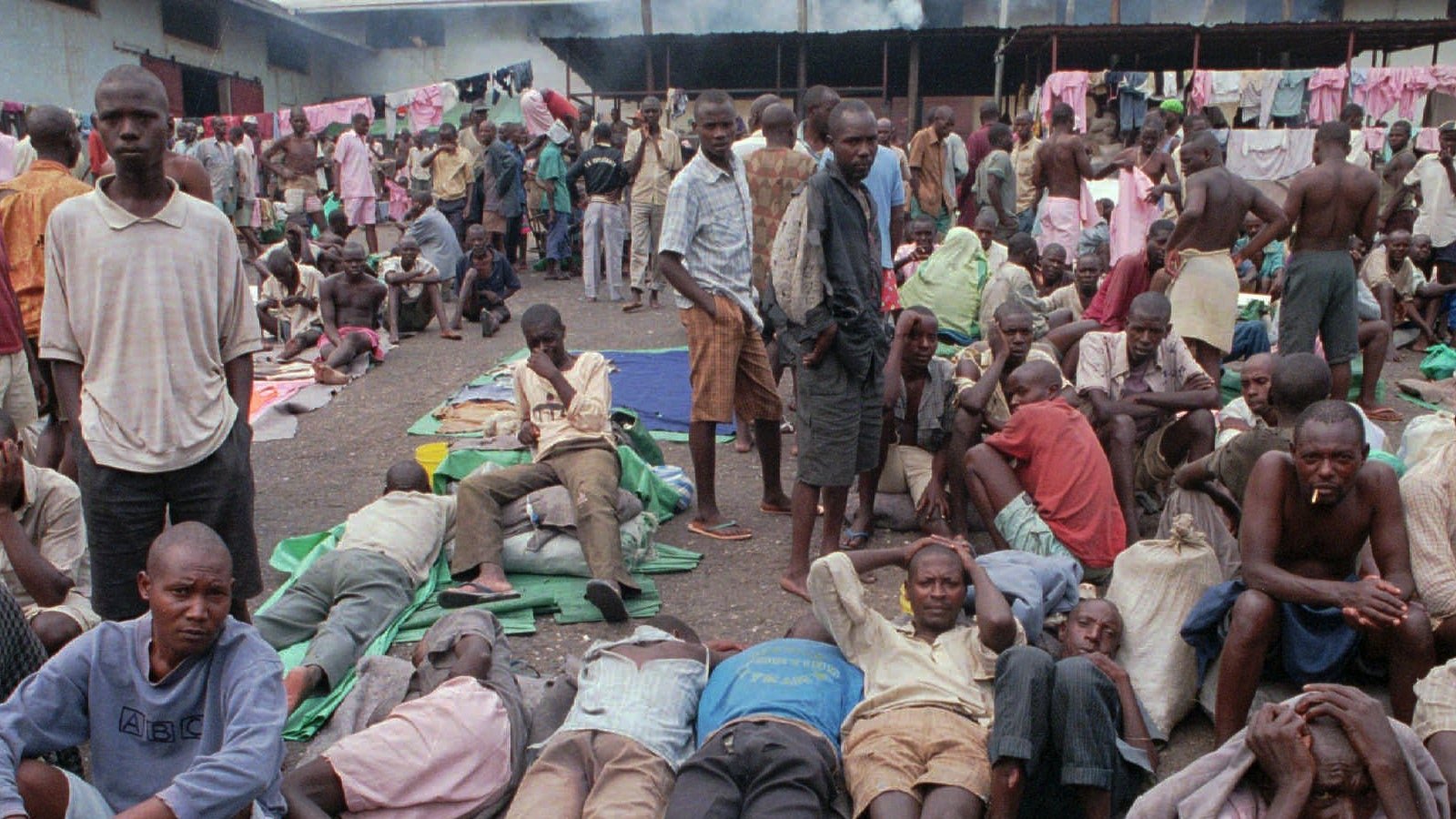Kigali is “Africa’s cleanest city,” but that comes at a heavy price
Kigali, Rwanda’s capital, is often lauded as “Africa’s cleanest city”. The country’s 2008 ban on non-biodegradable plastic is often mentioned as a cause. Another is that on the last Saturday of every month, people across the country commit time to projects aimed at improving the country’s public spaces, in a mandatory practice called Umuganda—loosely translated as “coming together to achieve a common purpose”.


Kigali, Rwanda’s capital, is often lauded as “Africa’s cleanest city”. The country’s 2008 ban on non-biodegradable plastic is often mentioned as a cause. Another is that on the last Saturday of every month, people across the country commit time to projects aimed at improving the country’s public spaces, in a mandatory practice called Umuganda—loosely translated as “coming together to achieve a common purpose”.
But there’s a hidden cost to Kigali’s spotless reputation, and the poorest and most vulnerable are those who pay it.
A Human Rights Watch report (pdf) released today reveals how Rwandan police arbitrarily round up and detain people they deem, in the report’s wording, “undesirable”—street vendors, prostitutes, petty criminals, beggars and street people—with the intention of keeping the streets of Kigali tidy.
The report, titled “Why Not Call This Place a Prison?”, documents the experiences of 57 poor and vulnerable people who were unlawfully detained and ill-treated by Rwandan police at the Gikondo Transit Center, situated in a residential suburb of Kigali.
At the facility—described by two ex-detainees as a large warehouse with four big rooms—people are held without adequate food, water, or medical care. They also suffer beatings by Rwandan police and sometimes their fellow detainees.
In an August 2014 reply letter to Human Rights Watch (pdf, p. 45), Rwanda’s minister of justice, Johnston Busingye, argued that the center is not “detention facility” but a “center for social emergency assistance,” was based on Rwanda’s “philosophy of rehabilitation, rather than unnecessary incarceration.”
Human Rights Watch has called for the Rwandan government to close down Gikondo, which has been in operation since 2005, and use the appropriate channels to charge those accused with wrongdoing. According to the organization, the practices at Gikondo contravene the country’s constitution, as well as other international and regional charters.